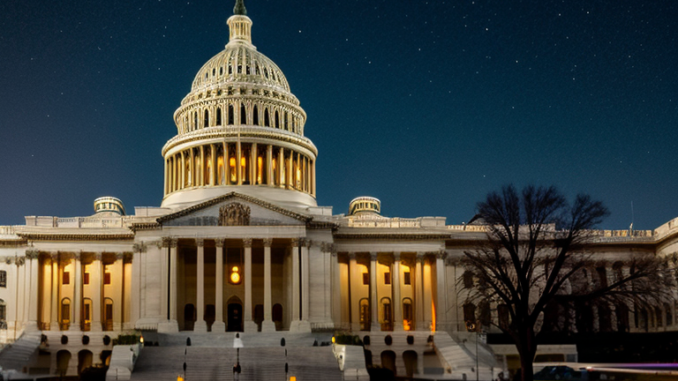
The upcoming 2024 presidential election has sparked discussions about cryptocurrency’s influence on candidates’ positions. Prominent figures like Florida Governor Ron DeSantis, Joe Biden, and Donald Trump have shared their views on central bank digital currencies (CBDCs) and the crypto space. This has led voters to consider these factors when making their choice. This article explores the connection between crypto and elections, looking at candidates’ stances, regulatory challenges, and the potential influence of the crypto community’s voting power.
Presidential candidates’ positions on cryptocurrency and CBDCs have become crucial elements of their campaign platforms. One notable candidate, Governor Ron DeSantis, has promised to ban CBDCs if elected. He is concerned about privacy breaches and centralization. On the other hand, leading candidates Joe Biden and Donald Trump have shown openness to exploring CBDCs. They recognize the potential for technological advancements and financial inclusion.
The crypto community’s voting power is increasingly recognized as a significant factor in the upcoming elections. Brian Armstrong, CEO of Coinbase, a leading cryptocurrency exchange, emphasizes that representatives in Washington, D.C. often underestimate the influence held by this community. With around 56 million cryptocurrency users in the United States (five times the number of electric vehicle users), candidates who align with the interests of this growing demographic may gain a competitive advantage.
Coinbase’s recent legal dispute with the Securities and Exchange Commission (SEC) highlights the need for clear regulations in the crypto space. The lawsuit alleges that Coinbase violated security laws, sparking discussions about the complexities of regulating cryptocurrency transactions. Congress is actively discussing bipartisan guidelines for crypto firms and users to address concerns about market transparency, investor protection, and regulatory compliance.
Opposition to CBDCs often arises from concerns about privacy. Presidential candidate Robert F. Kennedy Jr. strongly opposes the concept of a digital dollar, fearing potential privacy breaches and increased surveillance. This sentiment resonates with a significant portion of the crypto community, which values the anonymity and autonomy offered by decentralized cryptocurrencies.
The 2024 presidential election is expected to be a turning point for crypto-related policies. With the number of cryptocurrency users in the U.S. exceeding that of electric vehicle users, candidates’ positions on crypto carry increasing importance for voters. As the crypto community continues to grow and become more politically engaged, its collective voice may shape the future of regulatory frameworks and digital currency adoption.
In conclusion, the intersection between cryptocurrency and the 2024 presidential election is a significant topic. Voters are weighing candidates’ positions on CBDCs and the crypto space when making decisions. With regulatory challenges, the ongoing SEC lawsuit against Coinbase, and the potential impact of the crypto community’s voting power, the outcome of the 2024 election could significantly shape cryptocurrency regulation and adoption in the United States. As the world watches, the influence of cryptocurrency on politics continues to rise, promising an exciting and transformative era ahead.

Be the first to comment